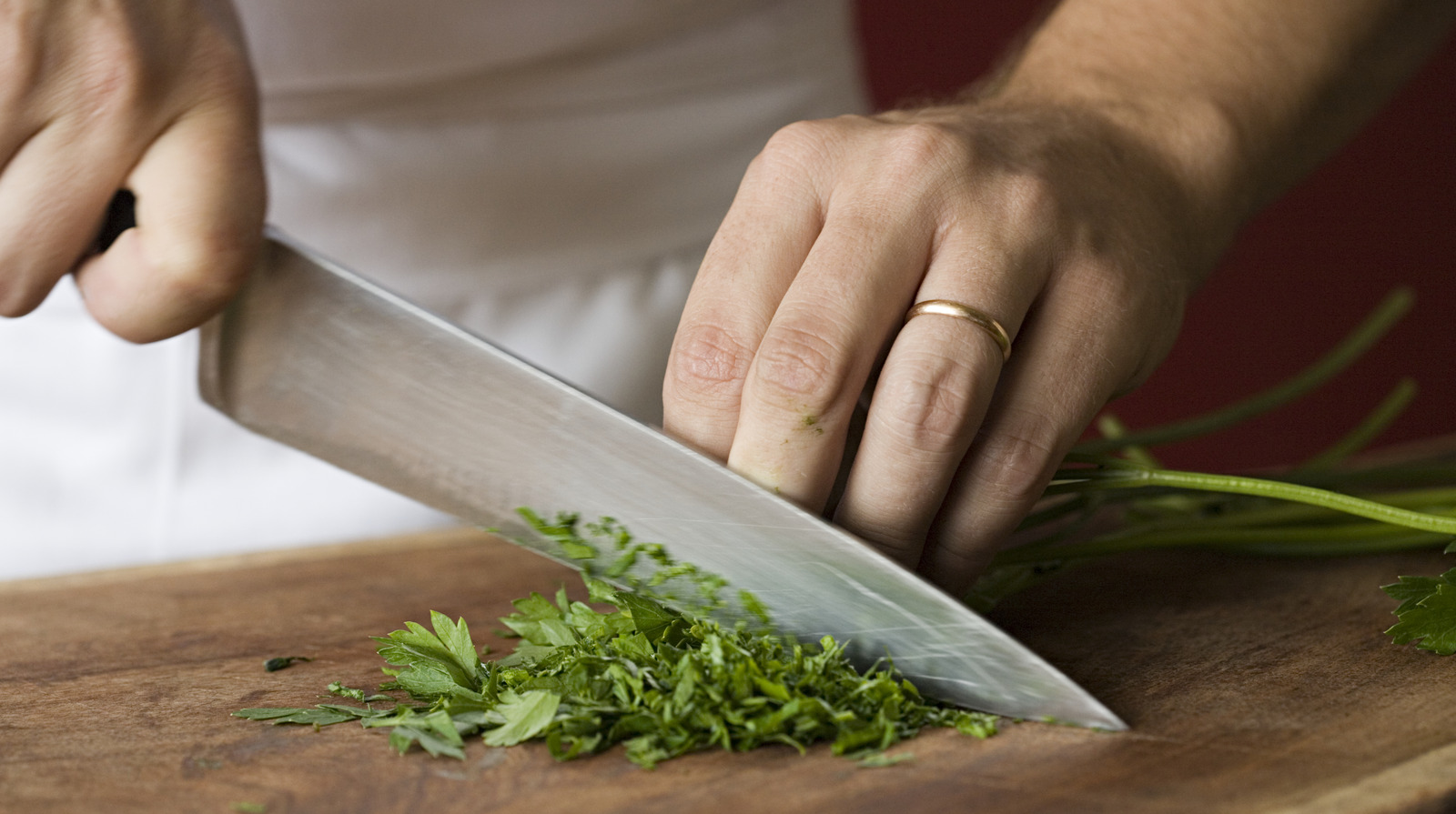When it comes to preparing meals, every detail matters, especially for kitchen professionals. One crucial detail often overlooked is the choice of a cutting board. The question arises:
why is it important to have a specific cutting board? This question extends beyond aesthetics; it dives deep into food safety, hygiene, and efficiency in the kitchen.

The Significance of Choosing the Right Material
A variety of materials are available when it comes to cutting boards, including wood, plastic, glass, and bamboo. Each material serves a unique purpose and has its advantages and disadvantages.
Wooden Cutting Boards: A Classic Choice
Wooden boards are preferred for their durability and gentleness on knife edges. They are typically made from hardwoods such as maple, walnut, or cherry. The fibers in these woods can actually absorb and kill bacteria, making them a safe choice when properly maintained.
If you are curious about how to maintain wooden cutting boards, check this resource.
Plastic Cutting Boards: Lightweight and Practical
Plastic cutting boards are popular for their lightweight nature and easy clean-up. They are dishwasher safe and suitable for cutting raw meats, as they can be sanitized thoroughly. However, they can become scratched easily, harboring bacteria in the grooves.
Food Safety and Cross-Contamination
One of the principal reasons why it is important to have a specific cutting board relates to food safety. Different types of foods pose varying risks of cross-contamination. For instance, raw meat can carry harmful bacteria, while vegetables and fruits may be more susceptible to pesticides.
Designating a specific cutting board for raw meats and another for fruits and vegetables can greatly reduce the risk of foodborne illnesses. If you want to learn more about proper sanitization techniques, its vital for every kitchen professional.
Efficiency in Food Preparation
Beyond food safety, using a specific cutting board can improve your efficiency in meal prep. Kitchen professionals thrive on speed and precision. The right cutting board can help facilitate these essential aspects.
Sizing and Surface Area
The size of the cutting board is paramount. A larger surface area allows for better organization and less spillage while chopping. It also enables the professional to work faster, especially when dealing with bulky ingredients.
Tailoring to Cooking Styles
Each cooking style may benefit from a different cutting board. For instance, sushi chefs often rely on wood for its aesthetic appeal and traditional values, while pastry chefs may utilize marble boards for rolling dough.
Maintenance and Longevity
Specific cutting boards need tailored care to maintain their lifespan. For instance, wooden boards require regular oiling to avoid cracking and warping. Understanding how to properly maintain them is critical.
Personalization for Enhanced Aesthetics
Many chefs are also interested in personalization. Engraved boards can become a part of a restaurants identity or a unique gift. This adds an element of engagement and pride in ownership. Interested in how to personalize your own cutting board? Check out this guide.
Conclusion: The Decision Matters
Choosing the right cutting board encompasses a significant portion of your kitchen efficiency, safety, and aesthetic appeal. As it is essential for kitchen professionals to keep these factors in mind, becoming informed on why it is important to have a specific cutting board will undoubtedly enhance your culinary journey. The next time you reach for a cutting board, will you consider not just its appearance but its purpose?

FAQ
1. What material is the safest for a cutting board?
Wooden cutting boards are often considered the safest due to their natural antibacterial properties.
2. How often should I replace my cutting board?
Cutting boards should be replaced when they become heavily scratched or warped, which can harbor bacteria.
3. Can I use the same cutting board for meat and vegetables?
It is best to use separate cutting boards to prevent cross-contamination.
As an Amazon Associate, I earn from qualifying purchases.


























